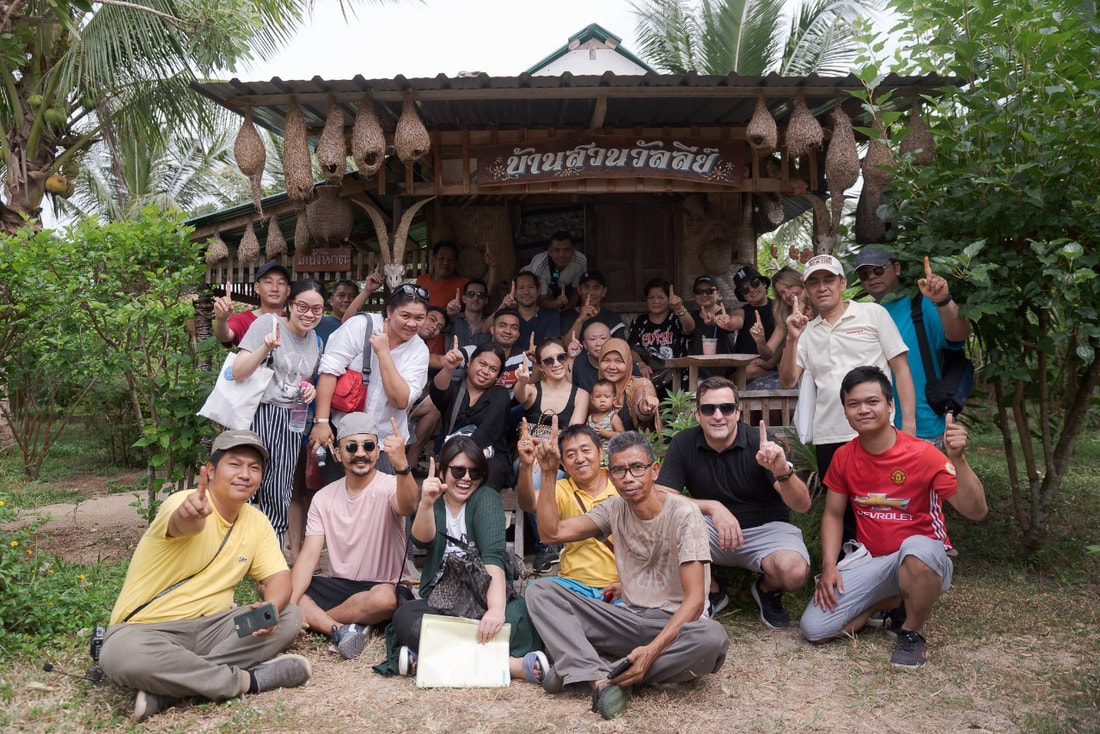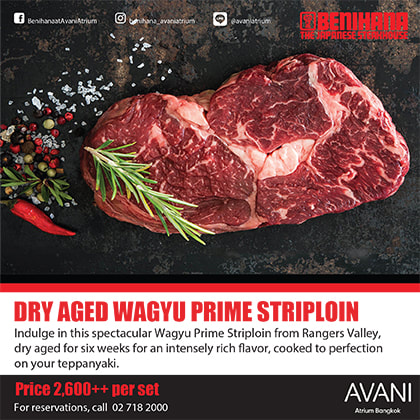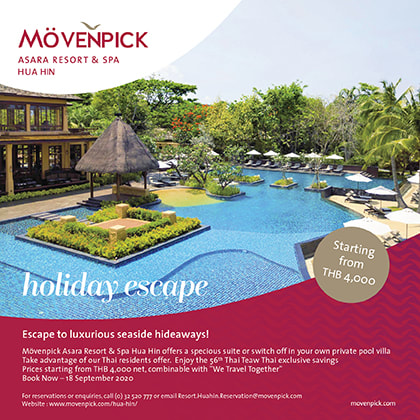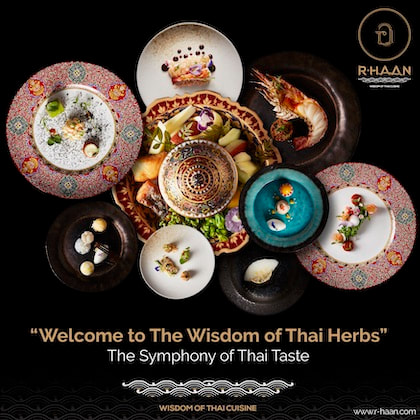The restaurant group just returned from trip to Surat Thani and Nakorn Sri Thammarat where 15 chefs dived deep into southern Thai culture learning from local communities who live in a genuinely sustainable way, using everything around them, inspired by the teachings of the late King Rama IX.
During the time in the south the group worked with fishermen and farmers to understand the true essence and heart of Southern Thai culinary culture through a series of workshops to learn about native ingredients, cooking techniques and most importantly their cultural context.
Activities included shrimp farming for shrimp paste, picking local vegetables and herbs rarely found outside of the south – and how jak (niddy palm) leaves are used at three stages of its growth for different things – when it is flowering for salad or yum, for rolling cigarettes and then the roofs of houses. The seeds are also used for desert and shrimp farming and the stalks for making fish houses, a place where fish and shrimp gather where they get re-caught after three months and sold in the market for an average of THB3,000.
“It was a truly eye opening experience – and what we all got from it more than anything else was that if you can’t understand the culture you can’t understand the food,” said Trevor MacKenzie, Mango Tree’s Global Managing Director. “The hospitality of the southern people was amazing. I think as city people we forget where everything comes from and all the hard work that goes into making what we consume daily.
“Culture is at the heart of the cuisine and by experiencing this at local level we were able to gain great insights into the true origins of Southern Thai food and understand is subtleties, complexities and beauty – all of which is essential as we prepare to launch our new southern Thai menus across the world in October this year.”
One of the kingdom’s four culinary regions, southern Thailand is famous for its intense aromas, tangy sourness and spicy heat. Due to its geography – a peninsula lapped by the Andaman Sea to the west and the Gulf of Thailand to the east – the south is also famous for its fresh seafood, while Malay and Chinese influences also feature strongly. Popular dishes include gaeng som (tamarind curry), kua kling (spicy ground meat with curry paste) and khao yam (rice salad).
The next day, following a morning boat tour, the team headed to Surat Thani, a beautiful province on the east coast, where they learned how to make salted duck eggs – a local specialty. The chefs also experienced life in a fishing community, learning the art of making shrimp paste, and taking part in a coconut workshop, one of southern Thai cookery’s most important ingredients.
Throughout their journey through southern Thailand, Mango Tree’s chefs were hosted in homestay accommodation and participated in the cooking workshops with the locals, further enhancing their connection with each destination, as they experienced community-based tourism that is prevalent in the south of the country.
“The trip was very special and our team bonded even more by learning and contributing to the community also by planting mangrove trees. At one point we wanted to support the local community by buying all their freshly made pastes for our own personal use so we could share with our families that they ran out and had to gather all their resources to keep us smiling.”
Mango Tree Worldwide is proud to showcase the traditional flavours of Thailand at its collection of 70 restaurant outlets in 14 countries around the globe, which serve a wide range of authentic dishes from the kingdom’s four culinary regions: south, central, north and northeast. By 2025, the group expects to operate a total of 100 outlets worldwide.




































